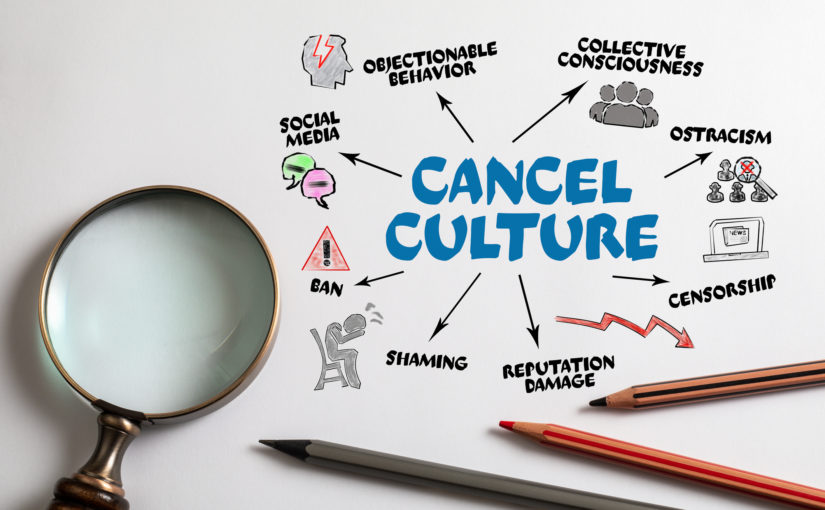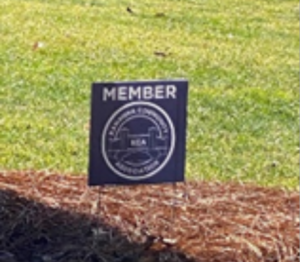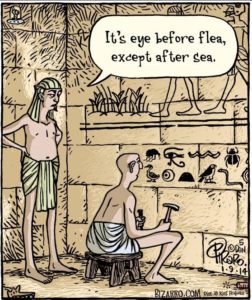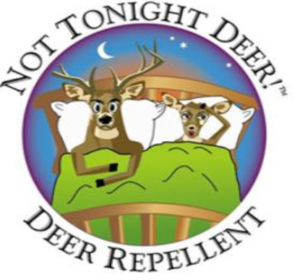What did you think and feel when you read a title like this?
Did the phrase “cancel culture” conjure righteous indignation about the way moderns seem to be hypersensitive and inhospitable to traditional ideas? Or, does it more closely express a rightful suppression of ideas that are no longer deemed relevant if we are going to truly eradicate oppressions of the past?
When you read the word “mold,” did it bring to mind the black or slimy green stuff you might find in dark and damp areas of your house or refrigerator? Or, did it make you think of those childhood days when you played with clay or Playdoh and used “molds” to make little fun objects?
Why did I write this? We were winding down from a busy week of work with some friends at the country club and one was describing a social interaction he had with colleagues at work. I could tell he was frustrated by the lack of respect for traditions and the pressure to let teams of immature creative and inexperienced people reinvent the workplace. He described it as a cancel culture mold he was being forced into. That caused me to probe deeper.
Just like those pictures where you see either a beautiful young woman or an ugly older one, what you see depends largely upon what you are looking to see in the picture. The same factual lines on a sheet of paper can bring to mind completely different images.
Did the artist intend to include both points of view in the work? Probably. Possibly not, but probably.
Progressives may be working to create a cancel culture mold, but perhaps it is a cancel culture mold. Read that again in the context of this article …
Time will tell. It reminds me so much of what Joe Collier, a great leader in the electric utility industry, who passed away about a decade ago, once told me about people in an organization: it is easier to change people than to change people. He was so right!


 that wouldn’t work and might actually backfire. So, she and another member of the community Board of Directors came up with a better idea: offer two signs homeowners could put in
that wouldn’t work and might actually backfire. So, she and another member of the community Board of Directors came up with a better idea: offer two signs homeowners could put in  their front yard: one larger and more colorful one if they paid their dues and contributed to the capital repair budget, and a more plain one those who simply paid their dues. Pictures of both are shown here.
their front yard: one larger and more colorful one if they paid their dues and contributed to the capital repair budget, and a more plain one those who simply paid their dues. Pictures of both are shown here.
 I have found that I can not proofread my own writings. Sure, I can read over what I have written for clarity and basic grammar, but I find I have blind spots … things I skip over, perhaps assuming the reader has my perspective. When I blog here I assume the reader understands the energy industry and works in it as a professional. If not, you would probably come away wondering what I was talking about.
I have found that I can not proofread my own writings. Sure, I can read over what I have written for clarity and basic grammar, but I find I have blind spots … things I skip over, perhaps assuming the reader has my perspective. When I blog here I assume the reader understands the energy industry and works in it as a professional. If not, you would probably come away wondering what I was talking about.
 There are times when being obscure can be more effective than direct. For example, the deer repellant Not Tonight Deer, brings about an irrelevant thought (but probably only if you are a man), completely unrelated to deer. We encountered this deer spray in our attempt to keep deer from eating plants in our garden … especially any Hosta plants you might have.
There are times when being obscure can be more effective than direct. For example, the deer repellant Not Tonight Deer, brings about an irrelevant thought (but probably only if you are a man), completely unrelated to deer. We encountered this deer spray in our attempt to keep deer from eating plants in our garden … especially any Hosta plants you might have.